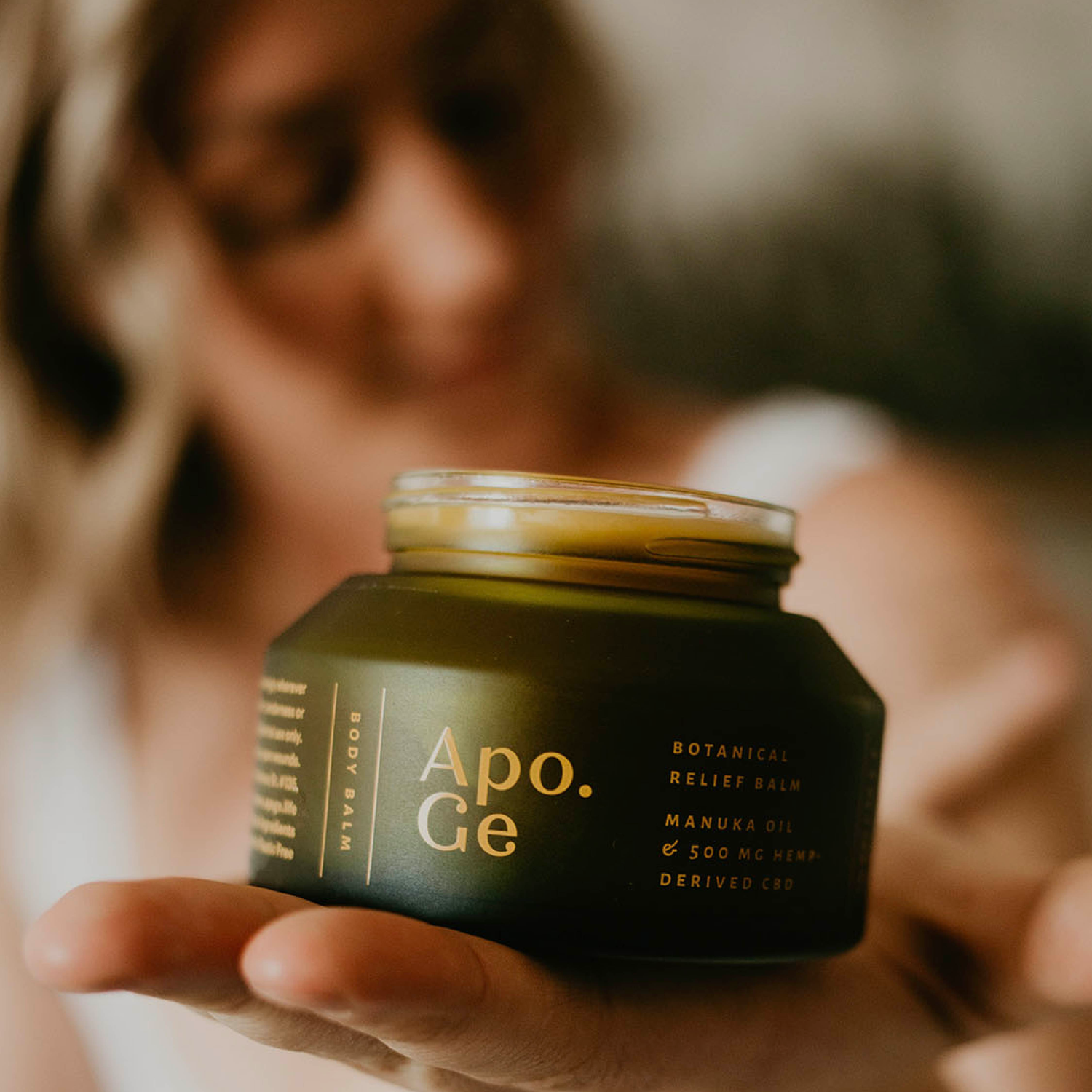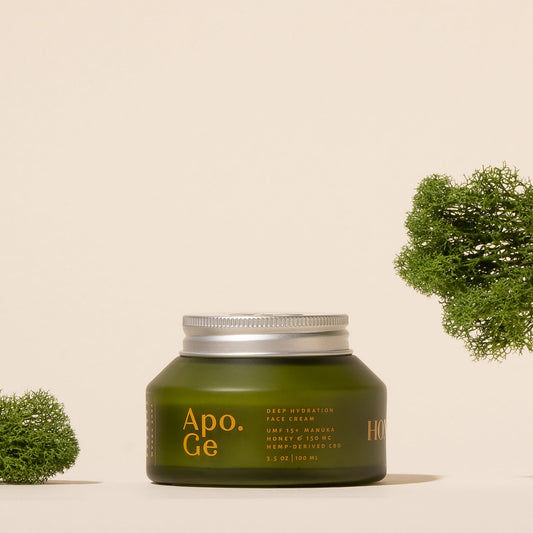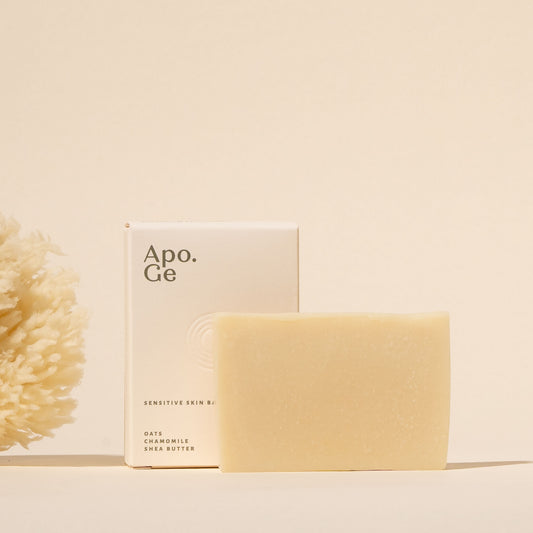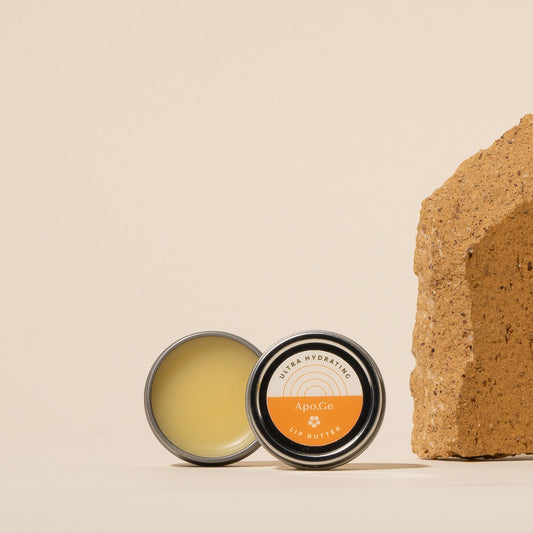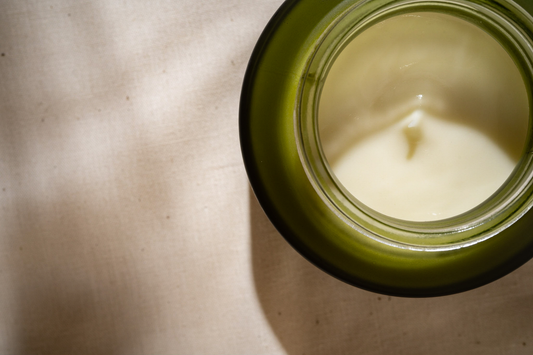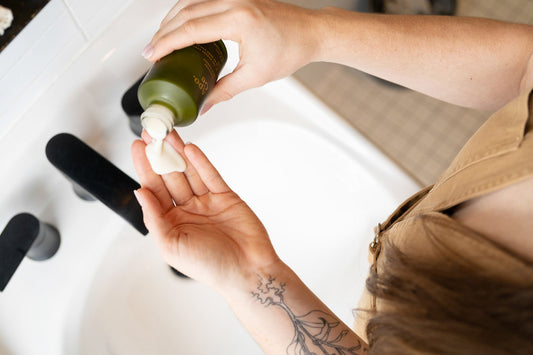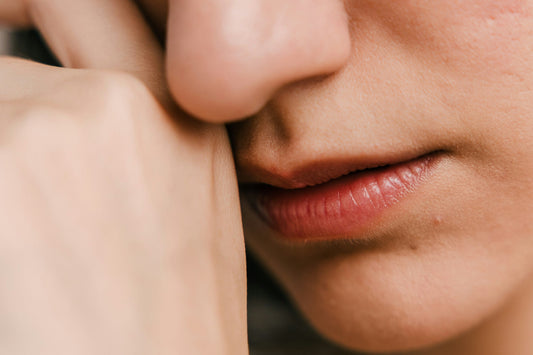These days, you can find lots of skincare products that say they’re “fragrance-free” and specifically created for “sensitive skin.” But what exactly is sensitive skin? How do you know if you have it? And what’s the best way to care for it?
How to tell if you have sensitive skin
The term sensitive skin is a bit misleading in that it isn’t a specific medical condition that can be diagnosed. Rather, sensitive skin is a term that is used to generally describe the skin’s adverse reaction to an ingredient or fragrance in a skincare product. Common skin irritants include dyes, surfactants, fragrance, and alcohol.
Sensitive skin can also be a sign of an underlying skin condition such as eczema, rosacea, or psoriasis. So, when your skin is already in a vulnerable state, it can be further irritated when exposed to an incompatible skincare product with harsh ingredients.
If you have sensitive skin, your skin may be reacting to skincare products in the following ways:
- A rash
- Breaking out into pustules or small bumps that resemble acne
- Red, itchy skin
- Extremely dry, flaky skin
- A burning or stinging sensation
If your skin is reacting negatively to a moisturizer or cleanser, you should switch to a skincare product that caters to sensitive skin. And make sure to meet with your dermatologist to determine the exact ingredients that are triggering these irritations.
Best products for sensitive skin
When you have sensitive skin, it can be extremely frustrating trying to find a product that works best for you. How do you find a reliable beauty product that won’t cause your skin to breakout or flare up? And how do you do so without breaking the bank in the process?
First, and foremost, you’ll want to look for beauty products that are specially designed for sensitive skin. And most importantly, make sure that these beauty products are fragrance-free.
Why is fragrance-free good for sensitive skin?
An estimated 2.5 million Americans experience allergic reactions to fragrances. You can have a negative reaction to a fragrance even if you find the scent to be pleasant. Fragrances contain compounds which then come into contact with the skin. So if your skin is exposed to triggering compounds in the fragrance, they can cause your skin to break out in a rash or feel like it’s burning.
In order to avoid a negative reaction to a skincare product, it’s essential that people with sensitive skin avoid fragrances in their products. Even a product that has an “unscented” label may have some lingering fragrances. So always seek out products that explicitly state that they are fragrance-free.
Skincare ingredients for sensitive skin
Above, we spoke about the types of beauty products and ingredients that people with sensitive skin should avoid. But what types of skincare ingredients should you seek out? For starters, look at the ingredients list in your skincare products, and make sure that you’re seeing ingredients like glycerin and ceramides that help protect your skin and boost its moisture.
Other gentle ingredients include aloe vera, chamomile, and green tea. Here at Apo.Ge, our most cherished ingredients for sensitive skin are mānuka honey and hemp seed oil. These gentle ingredients have long been touted for their medicinal purposes as well as their anti-inflammatory and anti-bacterial properties.
Here are some of our favorite Apo.Ge sensitive skincare products that will tenderly cleanse and nourish your skin.
Sensitive Skin Bar. Our Sensitive Skin Bar is specifically made for sensitive skin. With soothing ingredients like chamomile, colloidal oats, and mānuka honey, the Sensitive Skin Bar cleanses your skin while also providing the moisture it needs. The star ingredient is rice bran oil, which contains omega fatty acids, vitamins, and minerals that nourish the skin without irritating it.
Clarifying Milk Cleanse. It’s a challenge trying to find a product that gets rid of acne without drying out your skin. Luckily, our Clarifying Milk Cleanse does just that. It’s made with wild oats, shea butter, hemp seed oil, mānuka honey, and our gentle cleansing complex–ingredients that help unclog pores and cleanse your skin without overdrying it. It also comes in a fragrance-free option so you can cleanse your skin without worrying about triggering scents.
Deep Hydration Face Cream. Our rich, hydrating face cream is truly an elixir for dry, dull skin. Not only does it feel luxurious and rich on your skin, but it doesn’t have ingredients that will cause sensitive skin to break out. It’s made with good-for-you ingredients like kelp and algae extra, which are loaded with the vitamins and minerals that help with cellular regeneration. This formula also has our signature mānuka honey that promotes hydration and helps restore your skin from sun exposure.
How to test products for sensitive skin
If you’re unsure how your skin will react to a certain product, it’s always best to test the product first.
Choose a small spot on your skin to test the product. So if you’re testing a moisturizer, don’t slather it all over your face. Instead, choose a dime-sized spot on your arm or elbow.
Monitor your skin for the next 7-10 days. If you don’t experience a red, itchy, rash or any swelling, then you can continue using the product. If your skin does react, discontinue using the product immediately and use a cold compress to reduce the swelling or itchiness. You should always consult your dermatologist if your skin reacts badly to a product.
Skincare routine for sensitive skin
As for the best skincare routine for your sensitive skin, you’ll want to keep it as streamlined and simple as possible. Don’t use a ton of products, and don’t use products with a ton of ingredients.
Morning: Start off your morning skincare routine with a gentle cleanser. If you have sensitive skin, you should avoid face scrubs and exfoliants with harsh ingredients. And avoid cleansers that “foam” as they can dry your skin. Afterwards, apply a fragrance-free moisturizer to your face.
Evening: Use a gentle cleanser and follow it up with a moisturizer. In general, people like to use a richer cream at night because the ingredients work on your skin while you’re sleeping. For those with sensitive skin, it’s always a good idea to perform a patch test first before leaving a product on overnight. An enriching night time moisturizer like our Renewing Night Elixir is mild enough to leave on overnight, and will hydrate and repair your skin, without clogging your pores.
